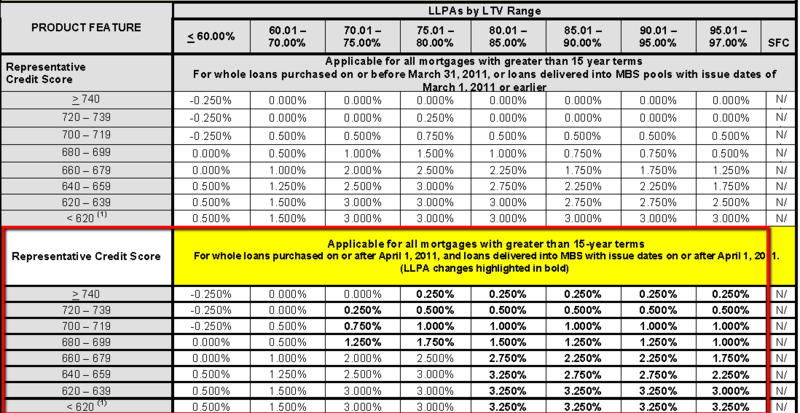In less than two months, real estate agents, mortgage originators and other real estate folks, there will be two events they really should consider attending at the Seattle Center's Northwest Rooms.
On Wednesday, March 2, 2011, Frank Garay and Brian Stevens (the guys from Think Big Work Small) will be here to teach real estate peeps about video blogging at the Northwest Video Marketing Summit. This is an all day event (sounds like a boot camp to me) where at the end of the day, you will have your own video blog. This event is open to all real estate peeps and real estate agents may receive 3 clock hour credits. The cost for this day long education (which includes your blog) is only $100. For more information or to rsvp, click here and be sure to watch their video below.
The following day, Thursday, March 3, 2011, is something near and dear to my heart: Seattle RE Barcamp. This will also take place at the Seattle Center Northwest Rooms (same place as last year).
The Seattle RE Barcamp is an "un-conference" where real estate professionals learn peer to peer – not planned presentations. The agenda is determined the morning of the event by what the attendees (participants) want to learn. Ideally, participants are sharing with each other "what they're doing now". It is all about active learning and sharing and it's not limited to social media; latest real estate trends and issues are also discussed. RSVP for Seattle RE BarCamp here.
There is no fee to attend the Seattle Real Estate BarCamp – it's FREE! We depend on our sponsors to keep it that way. If you're interested in supporting this ad-hoc event and having the love and adoration of 300+ real estate professionals, please click here. By the way, I'm a proud sponsor of this event and so are Brian and Frank.
I hope to see you at both events.
Please spread the word! You can retweet on Twitter (hash tags for the events are #vmssea and #rebcsea) and post this info on Facebook. Here's a flyer for Seattle RE Barcamp that you can print and post in your office.











Recent Comments